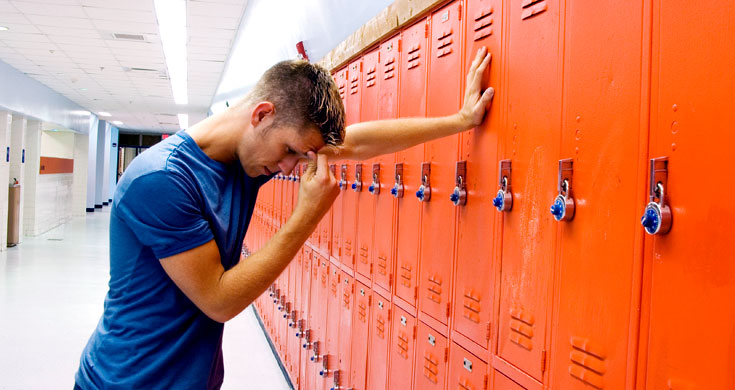Lack of sleep can cause a number of problems for teens, including mood changes, poor appetite, and a lack of focus. Kids and teens can be particularly susceptible to these issues. And now, a recent study indicates that how much sleep a teen gets determines how likely they are to engage in dangerous and risky behavior. These behaviors include driving under the influence; general reckless driving choices; unsafe sexual activity; aggressive actions; and substance abuse, including alcohol and illicit drugs. Teenagers are at a critical stage of their development, which is why skimping on sleep may be particularly harmful.
Teens’ Sleep Requirements
Teens need eight to ten hours of sleep a night to support their growing bodies and minds. The new study reports that more than 70 percent of U.S. high school students are averaging less than eight hours of sleep. And, according to the study, this lack of sleep acutely alters powers of judgment, leading to risky and potentially unsafe behaviors.
The study took data from teens who slept for eight hours, seven hours, six hours, or less than six hours. Teens who slept for less than six hours reported the most alarming results, in particular with mood and mental health. The study was led by Matthew Weaver, instructor in medicine at Harvard Medical School. “Prior reports have documented that high school students who slept less than eight hours were at increased risk of adverse self-behaviors,” Weaver explains. “Our study adds to this literature by using a larger updated data set over a longer study interval and by incorporating more granular sleep information and looking at a wider array of risk-taking behaviors.”
The Mental Health Impact
The study participants who slept for less than six hours were three times more likely to consider suicide. This included thinking about suicide, planning a suicide, and even attempting suicide. In comparison to those who slept for over eight hours a night, those who slept less than six hours were four times more likely to have reported a suicide attempt which required medical treatment. According to PRB, suicide is the second-leading cause of death among teenagers, so this study may have discovered vital information that could lead to changing that statistic.
Previous studies indicate that often teens don’t realize or consider the consequences of their behavior or actions because of chronic lack of sleep. Sixty-two percent of teens with sleep deprivation reported feeling sad or hopeless. Sixty-four percent were more likely to drink alcohol, and 40 percent were more likely to be involved in physical violence such as fighting.
What Can Parents Do?
Reut Gruber is the director of the Attention, Behavior and Sleep Laboratory at Douglas Mental Health University. Although he wasn’t directly involved with this study, he has been particularly interested in the results. He notes that while the results aren’t wildly different from previous studies, the larger data sample has made it clear that lack of sleep is a more pervasive issue than was previously understood. His message to parents is that it’s time to start treating teens’ sleep schedules as a top priority, just like other aspects of their health and well being. “It will make a huge difference in their children’s lives and performance and mood and behavior,” Gruber says.
Parents can help by setting a “lights out” time and sticking to it. This can be difficult with willful teens, and parents may need to enforce a device ban in the bedroom. It’s no good going to bed early if they then sit up on social media until 4 AM. Another way to help is by focusing on how fantastic the teen feels after a full night’s sleep. Let them brag about all the great things they achieved on days when they felt full of energy, but also be there to listen when things don’t go so well. Stress and anxiety are leading causes of sleeplessness, so a friendly ear to listen always helps.





































